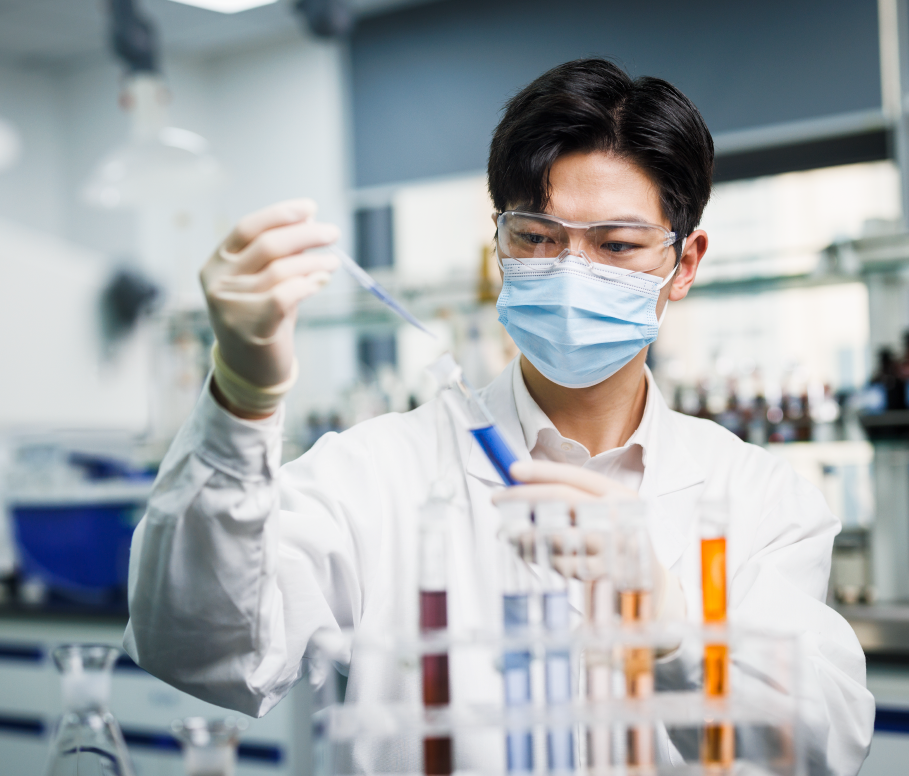The Indonesian government recently passed the Omnibus Health Law, which represents an expansive revision of Indonesia’s health care regime. The real opportunity to promote medical innovation comes next as policymakers turn to updating the 2016 Patent Act. At this critical moment, leaders must support innovators in order to help improve access to the latest treatments and cures – for the health of its people and economy.
The recent health legislation references voluntary licensing, whereby innovators work with vetted partners to share patented information and know-how to help increase access to their innovation. This partnership-focused approach is one important way to improve Indonesia’s innovation economy. However, more should be done to improve Indonesia’s policy ecosystem.
Amendments to the Patent Act could accelerate Indonesia’s innovation economy and increase research and development in the country. The government should reduce administrative burden, provide greater clarity and do more to ensure innovators are protected. In particular, policymakers should:
- Recognize that compulsory licenses should only be used in extraordinary circumstances and as a last resort;
- Make it clearer what is patentable so that scientific discovery can be protected (i.e., ensure patents are available for new uses);
- Remove time-consuming and potentially harmful administrative burdens like the filing of annual working requirement statements, which could require innovators to reveal sensitive and confidential information; and
- Establish a system for patent term restoration to safeguard innovators against unreasonable regulatory delays.
Relatively weak intellectual property policies contribute to the fact that only 9% of all new medicines were available in Indonesia from 2012 to 2021, fewer than others in the region including Malaysia, Thailand and Vietnam. Data also shows there has been a 3% decline in access from 2017 to 2021. Additionally, only 1% of new medicines have been available in Indonesia within one year of global first launch; the average time to market in the country is 40 months.
The Widodo Administration’s national long-term development plan can only achieve its aim of driving economic growth through a knowledge-based economy with a strong innovation ecosystem. Policymakers must leverage the Patent Act revisions to better incentivize and protect innovators, especially within the health sector. Doing so will increase access to medical innovation, improving population health and prosperity.
Policymakers must leverage the Patent Act revisions to better incentivize and protect innovators…Doing so will increase access to medical innovation, improving population health and prosperity.


